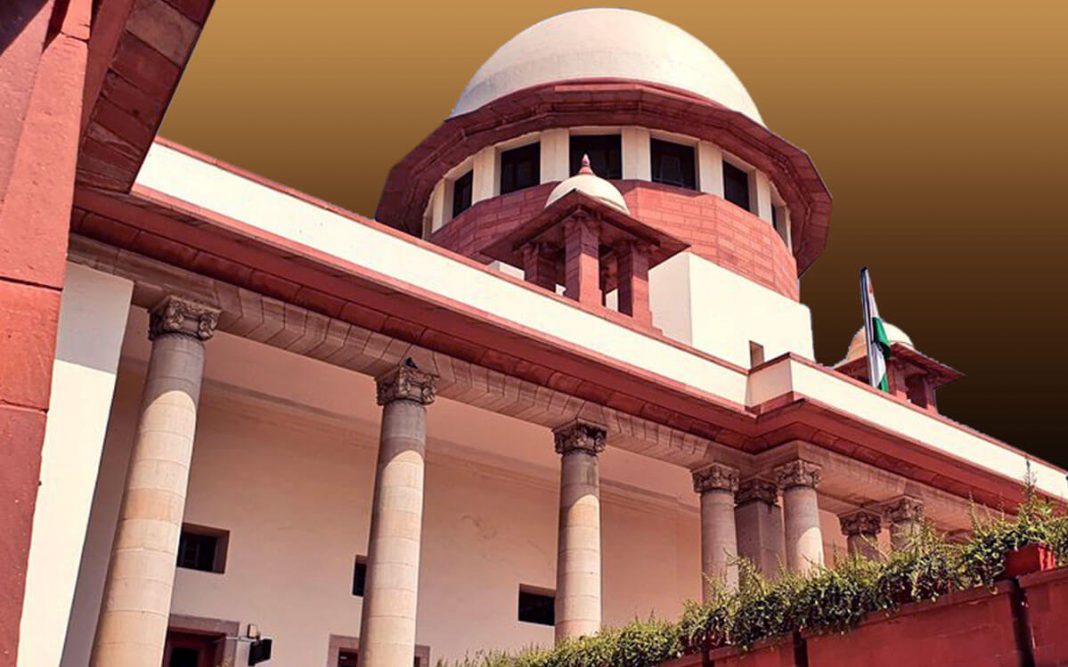The Supreme Court on Thursday upheld the constitutional validity of providing 27 percent quota to Other Backward Classes (OBC) in NEET All India Quota (AIQ) seats for undergraduate and postgraduate medical courses.
Merit of a person was sum total of “lived experiences” and his or her struggle to overcome cultural and social setbacks. It could not be reduced to narrow definitions of performance in an open competitive examination, which only provided formal equality of opportunities, observed the Bench of Justice D.Y. Chandrachud and Justice A.S. Bopanna.
The Court further permitted states like Tamil Nadu, to make “special provisions” and provide reservation in educational admissions, whether in aided or unaided institutions, and government jobs for the advancement of “any socially and educationally backward classes of citizens or for the Scheduled Castes and Scheduled Tribes”.
It said the power of the state governments to provide reservations under Article 15 (4) and (5) of the Constitution was not an “exception” to Article 15 (1), which enshrines the mandate that “the State shall not discriminate against any citizen on grounds only of religion, race, caste, sex, place of birth or any of them”.
The court held that the power of the state government to craft reservation for the OBC amplified the principle of “substantive equality” manifested through Article 15 (1).
Exams did not reflect how social, economic and cultural advantages that accrued to certain classes contributed to their success in them, the court noted.
“Examinations are not a proxy for merit. Merit should be socially contexualised and re-conceptualised… Reservation is not at odds with merit, but furthers its distributive impact,” Justice Chandrachud observed.
The court reasoned that material affluence of certain individual members of a socially backward group or ‘creamy layer’ could not be used against the entire group to deny it the benefits of reservation.
It may be that individual members of an identified group, which are being given reservation, are not backward or individuals belonging to non-identified group, may share characteristics of a backward group with members of an identified group.
The individual difference may be a result of privilege, fortune and circumstances, but it cannot be used to negate the role of circumstances,” the court explained.
The court further confirmed that there was no need for the Centre to have got the prior consent of the Supreme Court before introducing OBC quota in the AIQ seats under NEET. The petitioners, several NEET aspirants, had argued that since the top court had limited reservation to 50% in the Indira Sawhney judgment, the government should have first applied to the court before tinkering with the quota calculations.
Providing reservation to AIQ is a policy decision that would not be subject to judicial review,” the court underscored.
The court also rejected the argument made by the petitioners that the Centre changed the “rules of the game midway”, well into the middle of the NEET admission process.
“The government introduced OBC/EWS quota before the counselling. Thus, it cannot be said that the rules of the game have been changed. Reservation would be notified by the counselling authority before the beginning of the counselling process. Therefore, the candidates applying for NEET PG are not provided any information on the distribution of the seat matrix. Such information is provided by the counselling authority only after the counselling session is to begin,” the court reasoned.
The judgment was based on petitions filed by doctors in August 2021 against a July 29, 2021, notification issued by the Directorate General of Health Services of the Ministry of Health implementing 27% and 10% reservation for OBC and (EWS), respectively, while filling up 15% undergraduate and 50% postgraduate AIQ seats under NEET.
This part of the judgment concerning the OBC quota provided in the July 29, 2021 notification is final. Questions on the validity of the 10 percent quota for the EWS would be heard finally in the third week of March.


